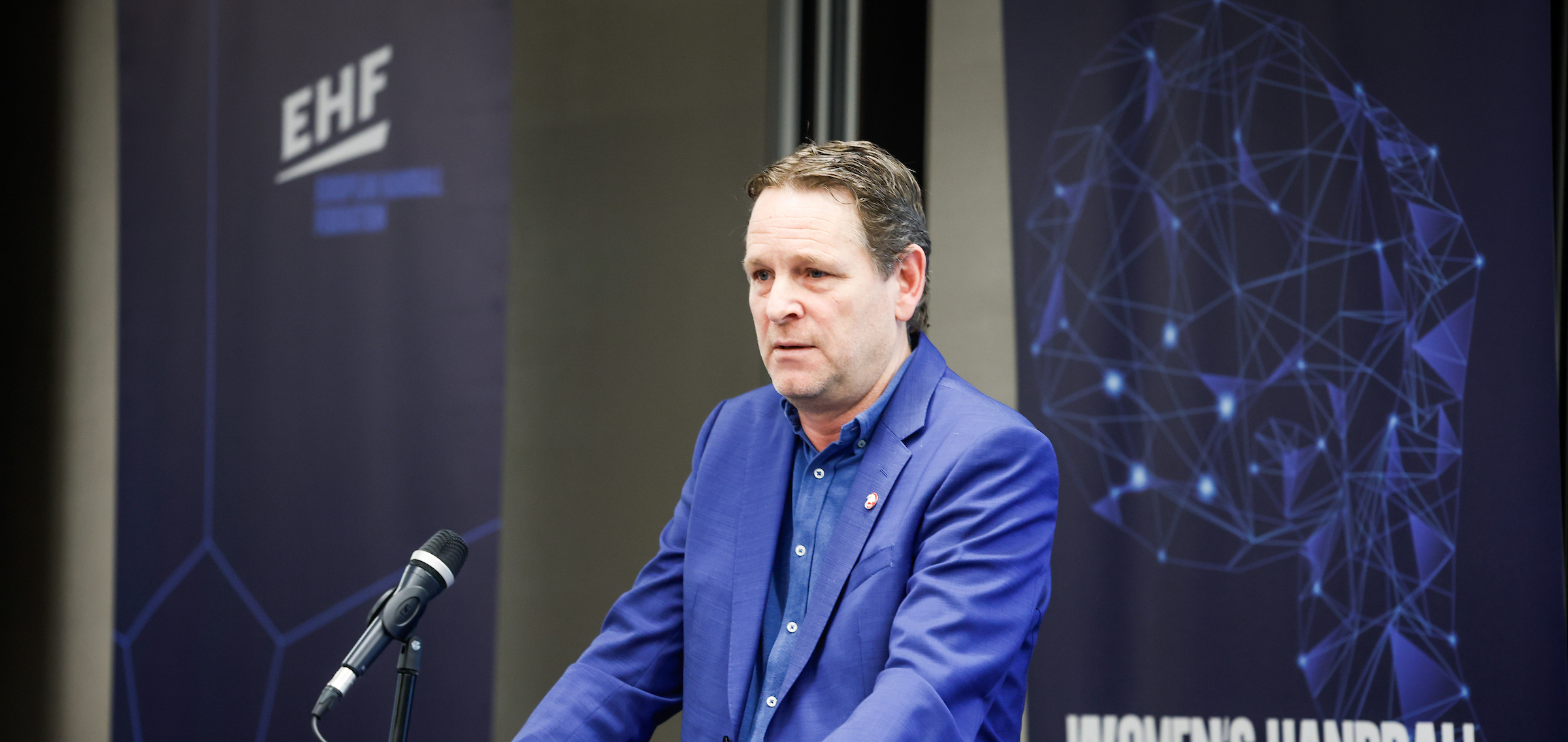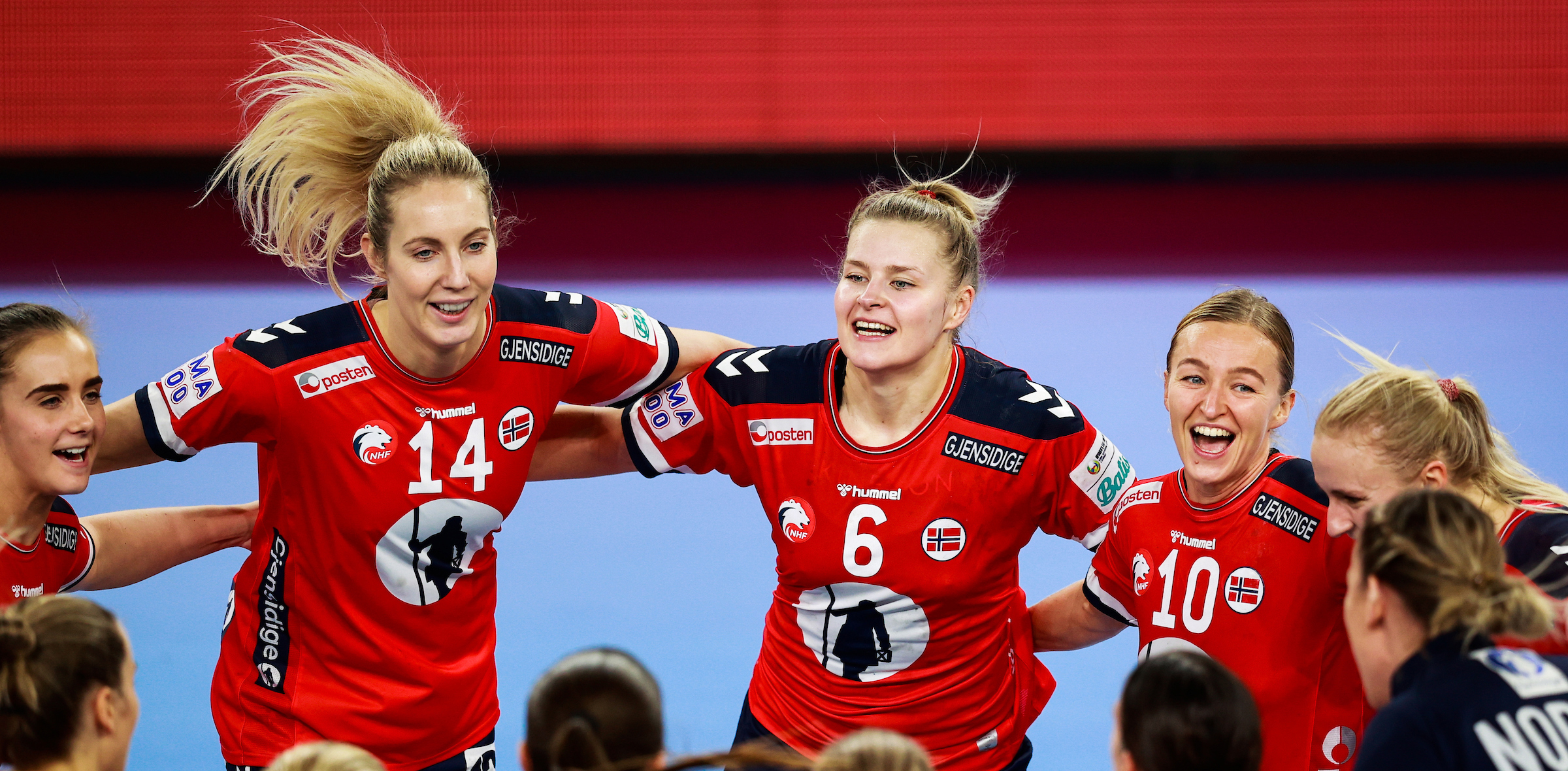For Langerud, one of the clearest markers of Norway's success with implementing gender equality is the NHF executive board, which has women in seven of the 11 positions. “We are developing quite good in some areas, and some other areas are very difficult. For instance, I think the place we have succeeded is, if you look at our executive board, there are more women than men.”
However, it was not easy to reach that point. Incorporating an increasing number of women into the NHF board involved a proactive decision to do so and then strategies and targeted efforts to ensure that occurred. The election committee was specifically tasked with seeking women for the positions.
“In Norway, we say you will always find it if you look. The problem is that when you're looking for board members, there are always a huge number of men,” says Langerud, whose experience says that as a general rule women may take more convincing than men to apply for such positions. Some extra effort may be required, but the outcome is more diverse voices in the decision-making processes determining every step forward a federation makes, and the reward is therefore well worth the input to reach a stage like the NHF.
“That is one area that I think we have succeeded a lot. It’s very different from many of my European colleagues, I think, and also different from many of the Norwegian sports — other federations in Norway.”
The NHF being a leader in sports in Norway is reflective of an important concept for Langerud: that the decision to prioritize gender equality must come from the federation itself and be included in strategy plans in order to make it happen, rather than waiting for others to set the tone.
“I've talked to some of my European colleagues who said, 'well the men's team are up here and the women's team are down here, so we can't get TV production from women, we can't get sponsorship for the women . It's so difficult.' What I told my European colleagues is if you let the market decide, then you will never get the equality you want,” says Langerud, who specifies that the NHF take the lead in areas like sponsorship, informing potential sponsors that most often funding will be divided according to the NHF strategy plan.
“If you always let the market decide, in many parts of Europe, you will never get enough money for the women's team, so that's why I say don't let the market decide. You as a federation need to decide, because then you can make equality much faster. I know it's very difficult, but you need to at least make a plan.
“You need to say that within the next three, five, seven years, our main goal is to have equal opportunities.”

 Equal doesn’t have to mean that it has to be 50:50. At some points, it’s 70:30 or 80:20 towards women or towards men.
Equal doesn’t have to mean that it has to be 50:50. At some points, it’s 70:30 or 80:20 towards women or towards men. 140,000 members, and 65 per cent are women — young girls and women.
140,000 members, and 65 per cent are women — young girls and women.






